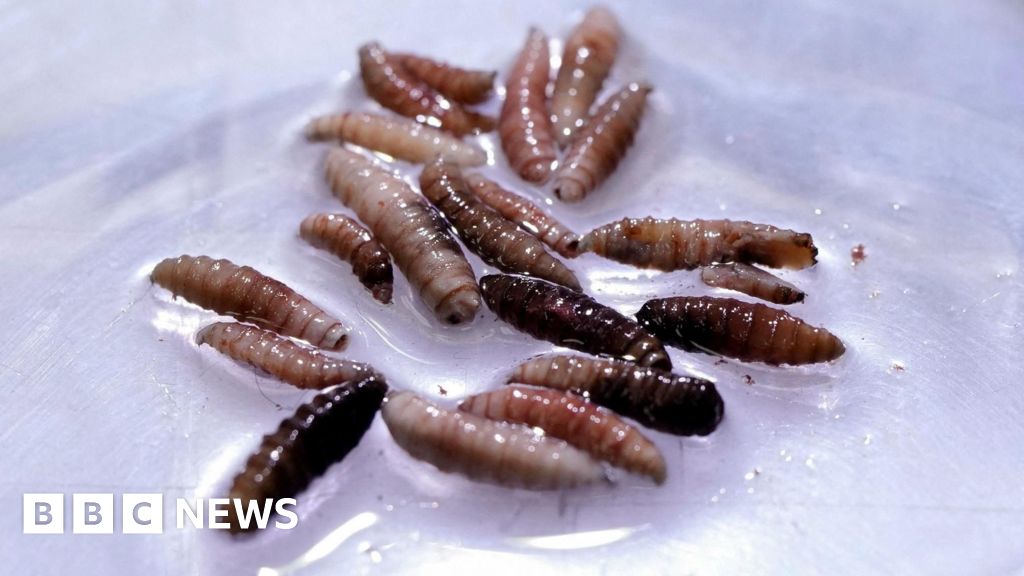The number of animals infested with New World screwworm (NWS), a flesh-eating parasite, has risen by 53% in the four weeks to mid-August, according to Mexican government data.
Infestations by the fly larvae primarily affect cattle, but cases have also been reported in dogs, horses, sheep, and even humans. Multiple hospital treatments have been noted for individuals suffering from screwworm infestations in Campeche and Chiapas.
This alarming increase follows reports from U.S. health authorities confirming the first human case of NWS in a patient who had traveled back to the U.S. from El Salvador.
NWS was declared eradicated in the U.S. in 1966, followed by a similar declaration in Mexico in 1991. However, the parasite has persisted in tropical and subtropical regions, with new cases cropping up in Mexico since November 2024.
Female screwworm flies lay eggs in or near open wounds of warm-blooded animals, which hatch into maggots that feast on living flesh. This condition, known as myiasis, can lead to severe tissue damage and even death if not treated promptly. While fatalities in humans are uncommon, those with underlying health issues or elderly individuals are advised to exercise caution.
In July, an 86-year-old woman succumbed in Campeche, with her pre-existing skin cancer worsened by a screwworm infestation.
Those at heightened risk include farm workers and residents in rural areas with affected livestock. The U.S. Centers for Disease Control and Prevention advises individuals who have visited areas with screwworm flies to watch for symptoms like unexplained skin lesions, feeling larvae in wounds, or seeing maggots in sores. Prevention measures include maintaining clean, covered wounds and using insect repellent.
Health officials are emphasizing the need for awareness and prompt medical assistance for suspected infestations.

















